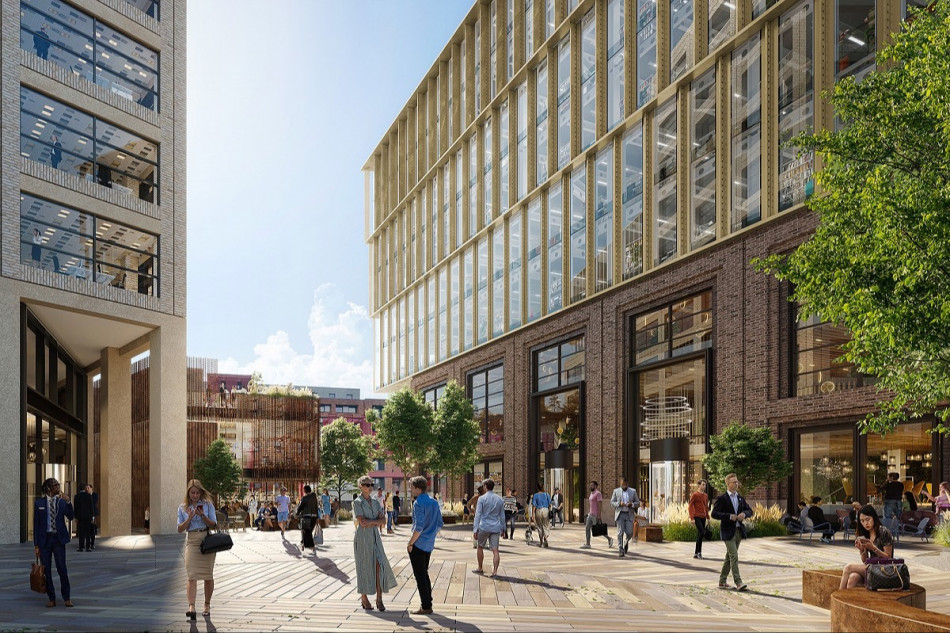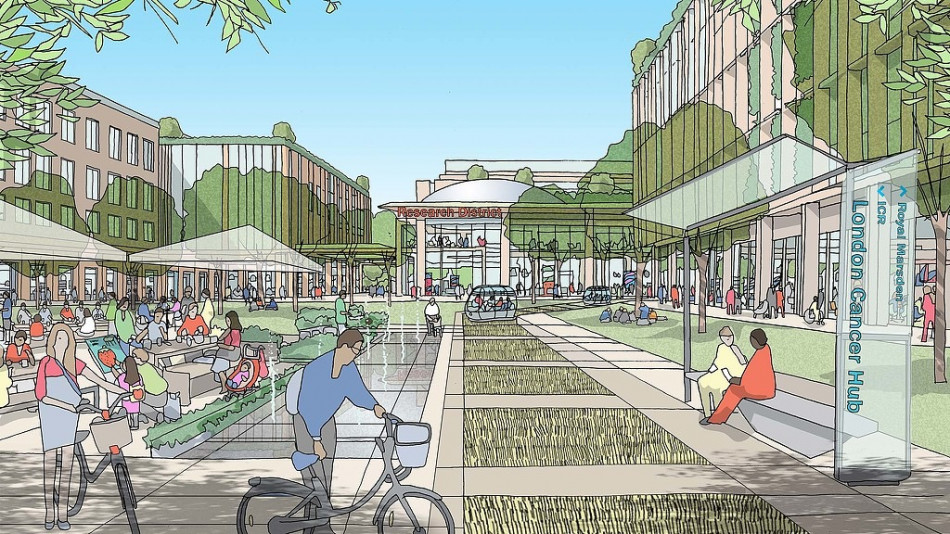Including the Knowledge Economy and innovation districts
We are at the centre of the largest Life Sciences innovation cluster in Europe, with London’s life sciences sector turning over £11.6bn in 2021-2022. Our world-leading universities, research hospitals and world class research centres like the Francis Crick Institute, together with unrivalled access to a large and diverse population for clinical trials, makes London one of the world’s most sought-after locations for life sciences businesses to locate.
Opportunity London works closely with MedCity, London’s Life Science cluster organisation, to link investors with opportunities in this growing sector.
Research & Academia
Investment
Advanced Therapies
Industry
Diagnostics & Digital Health
Bioinformatics
London has now more life sciences companies than any other city in Europe. With the London supercluster closely connected to the Oxford and Cambridge, this ‘golden triangle’ has four of the world’s top ten universities and presence of nineteen of the top twenty global pharmaceutical companies.
This is particularly relevant for sector funding. Unprecedented venture capital (VC) investment into life sciences broke all previous records in 2021 and has set a high bar for activity. London is Europe’s top destination for STEM investment with $10.6Bn investment in 2023, ranking 4th globally only after the Bay Area, New Palo Alto, and New York. 80% of UK VCs are in London, more than any city in Europe. The UK has seen 6 Unicorn pharmaceutical and biotechnology companies founded since 2020, 3 of which are headquartered in London (MedCity).
For all the above, London provides the ideal environment for talent, opportunity and innovation to thrive. Across Greater London, a number of established and emerging innovation districts can be found, where world-leading clinical and research centres co-locate with academic institutions and industry, taking advantage of our wide talent pool and global connectivity.
Real estate activity is orientated towards the delivery of new supply into this underserviced market. Development solutions are often closely aligned to University locations, but the lack of supply and strong connectivity in London has meant that planned locations south of the Thames and in Canary Wharf have also featured as possible Life Science locations.

Tribeca is London’s largest purpose-built life sciences campus, featuring state-of-the-art laboratories, homes, shops and restaurants, along with significant public realm, green spaces and amenities. Located in King’s Cross, Tribeca is in proximity to The Francis Crick Institute, the British Library, UCL, Kings College London, as well as hundreds of other life sciences and tech leaders. The Apex, the first laboratory building to be completed on the Tribeca campus, is home to The London BioScience Innovation Centre (“LBIC”) as its first tenant.
Tribeca is owned by a joint venture between British Airways Pensions Fund and GIC, and managed by BlackRock Alternatives’ Real Estate business working alongside Reef Group.

The London Cancer Hub is a collaboration between The Institute of Cancer Research, London, and the London Borough of Sutton, with the support of The Royal Marsden NHS Foundation Trust, Epsom & St Helier University Hospitals NHS Trust and the Greater London Authority. It is being developed by Aviva and Socius into a state of the art life science campus dedicated to research and treatment of cancer.
LCH is an exciting new development to create medical research and development floorspace, adjacent to the world-renowned Institute of Cancer Research and Royal Marsden Hospital. It will deliver major social and economic benefits including 13,000 highly skilled jobs in health, science, education and construction, c.£1.2bn GVA to the UK economy, and £12m increase in business rates.